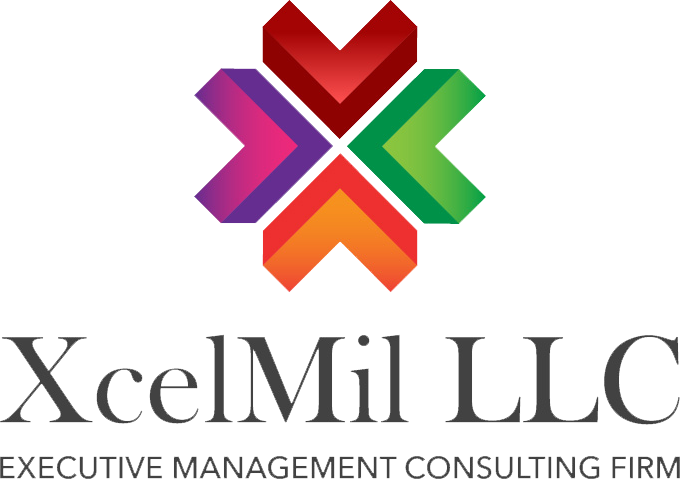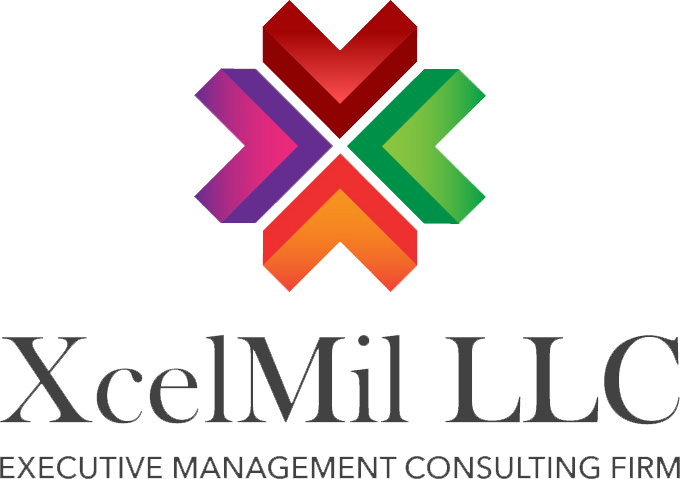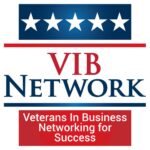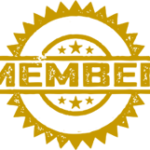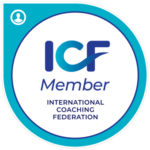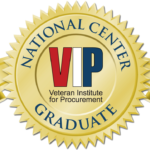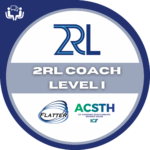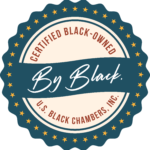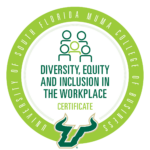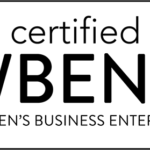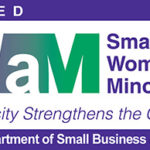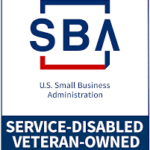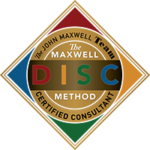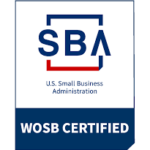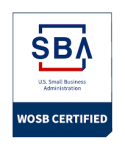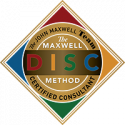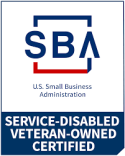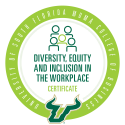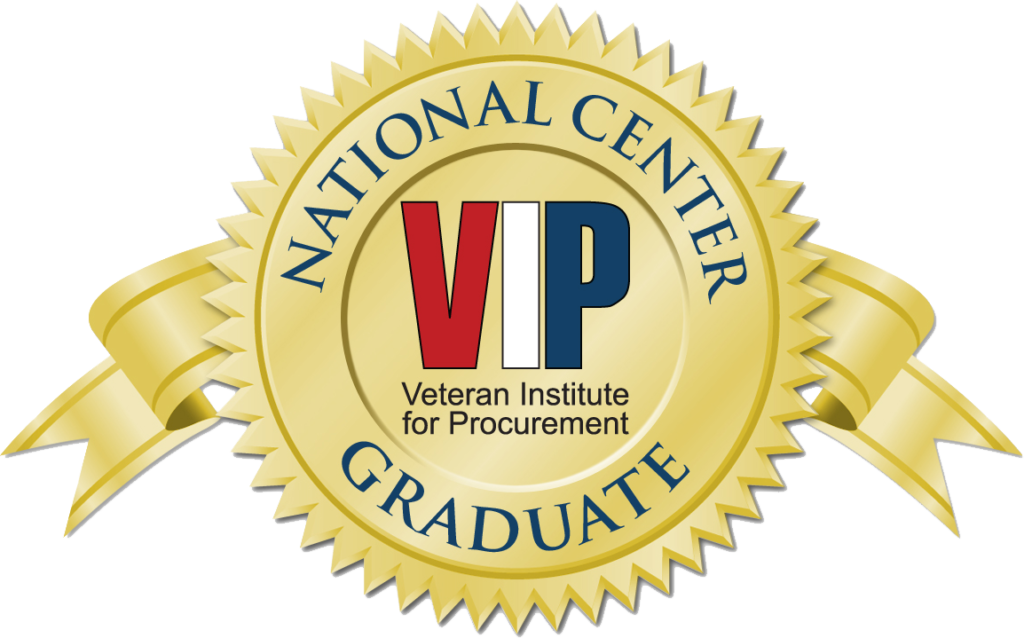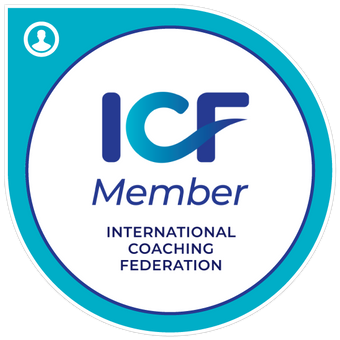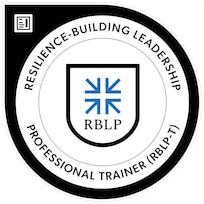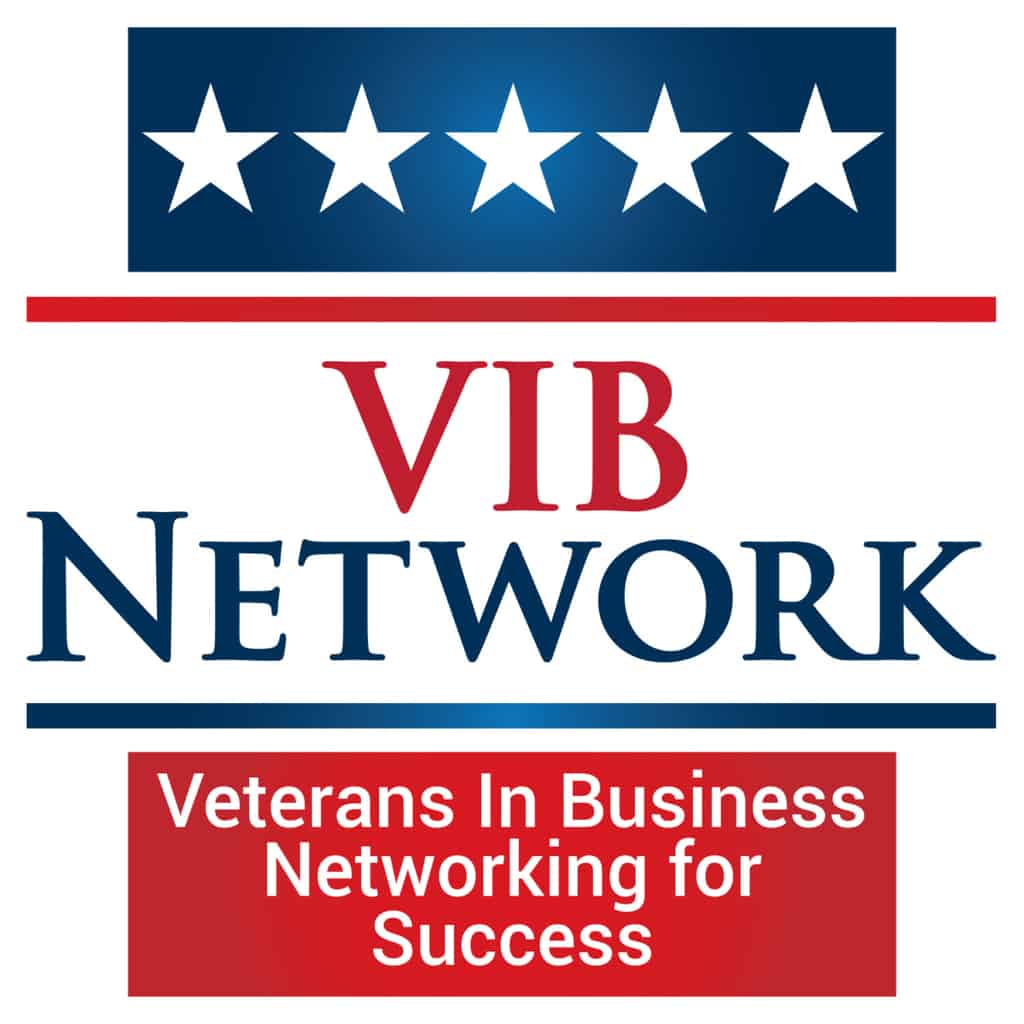The Importance of Future-Proofing Your Career
Unpredictability. It’s the defining feature of today’s business landscape. This variance and relentless novelty necessitates an ongoing reshaping of our skills and abilities to remain relevant. In this article, we have dissected strategies to thrive and maintain your relevance in the modern, volatile workforce.
We’ve all heard it. That nagging question, “Am I still relevant?” And if you’re a business owner or key decision-maker, the stakes are even higher. A pause, even a short one built on comfortable indolence, allows your competitors a chance to surge ahead.
Future-proofing your career involves taking proactive steps to ensure that your skills and knowledge remain valuable and in demand, regardless of how the job market changes. By staying ahead of the curve and continuously adapting to new trends and technologies, you can position yourself for long-term success and job security.
Keep Up with Technological Advancements
No conversation about relevance in today’s workforce can take place without discussing technology. It’s the nexus that ties everything together. The question isn’t whether to get onboard but rather how fast. A study by the World Economic Forum reveals that companies who have digitized have grown in profit and productivity. It’s time to harness the possibilities of an immersive digital experience.
To stay current with technology, it is important to regularly invest time in learning about new tools, software, and systems that are relevant to your field. This can involve taking online courses, attending workshops or conferences, or even just reading industry publications and blogs. By staying informed about the latest technological developments, you can ensure that your skills remain relevant and in demand.

Develop Soft Skills
While technical skills are important, employers are increasingly placing a greater emphasis on soft skills when hiring and promoting employees. Soft skills are personal attributes that enable individuals to effectively interact with others and navigate the complexities of the workplace.
Examples of important soft skills include communication, teamwork, problem-solving, adaptability, and leadership. These skills are transferable across industries and can help individuals succeed in a variety of roles.
To develop soft skills, it is important to actively seek out opportunities to practice and refine them. This can involve taking on leadership roles in projects or teams, participating in workshops or training programs, or seeking feedback from colleagues and mentors. By continuously developing your soft skills, you can enhance your ability to collaborate, communicate, and adapt in any work environment.
Embrace Lifelong Learning
In today’s rapidly changing world, the need for continuous learning has never been greater. Lifelong learning involves actively seeking out new knowledge and skills throughout your career rather than relying solely on formal education.
The benefits of lifelong learning are numerous. It allows individuals to stay current with industry trends, acquire new skills that are in demand, and adapt to changing job requirements. Lifelong learning also promotes personal growth and development, enhances problem-solving abilities, and increases job satisfaction.
To embrace lifelong learning, it is important to adopt a growth mindset and be open to new experiences and challenges. This can involve taking on new projects or roles that push you outside of your comfort zone, seeking out mentors or coaches who can provide guidance and support, or pursuing additional education or certifications. By making a commitment to lifelong learning, you can ensure that you are always equipped with the knowledge and skills needed to succeed in your career.
Network and Build Relationships
Networking and building relationships are essential components of future-proofing your career. In today’s interconnected world, who you know can often be just as important as what you know.
Networking involves actively connecting with others, building relationships, and exchanging information and resources. This can be done through attending industry events, joining professional organizations or online communities, or even just reaching out to colleagues or mentors for advice or support. Staying relevant involves being part of professional associations, communities, and connecting with your peers. Irrespective of your field or specialization, your network offers opportunities to learn, grow, and remain at the vanguard of your industry.
Building relationships with others in your field can provide numerous benefits. It can lead to job opportunities, mentorship or guidance, access to new knowledge or resources, and even potential collaborations or partnerships. By investing time in networking and building relationships, you can expand your professional network and increase your chances of success in the future.

Stay Agile and Adaptable
In today’s fast-paced and ever-changing work environment, being agile and adaptable is crucial. The ability to quickly learn new skills, adapt to new technologies or processes, and navigate change is highly valued by employers.
To stay agile and adaptable, it is important to cultivate a mindset of flexibility and openness to new ideas. This can involve seeking out new challenges or opportunities that push you outside of your comfort zone, being open to feedback and constructive criticism, and continuously seeking ways to improve and grow.
Additionally, staying up-to-date with industry trends and developments can help you anticipate changes and proactively adapt to them. By staying agile and adaptable, you can position yourself as a valuable asset to employers and increase your chances of success in the face of uncertainty.
Seek Out New Opportunities
In order to future-proof your career, it is important to actively seek out new opportunities for growth and development. This can involve taking on new projects or roles within your current organization, seeking out additional responsibilities or challenges, or even exploring new industries or fields.
By seeking out new opportunities, you can expand your skill set, gain valuable experience, and increase your marketability. It also demonstrates to employers that you are proactive, ambitious, and willing to take on new challenges.

Be Open to Change and Innovation
Being open to change and innovation is essential for future-proofing your career. The ability to embrace new ideas, technologies, and ways of working can help you stay relevant and competitive in the job market.
To be open to change and innovation, it is important to cultivate a mindset of curiosity and a willingness to learn. This can involve seeking out new experiences or challenges, being open to feedback and constructive criticism, and actively seeking ways to improve and grow.
Additionally, staying informed about industry trends and developments can help you anticipate changes and proactively adapt to them. By being open to change and innovation, you can position yourself as a valuable asset to employers and increase your chances of long-term success.
Balance Specialization and Generalization
When future-proofing your career, it is important to strike a balance between specialization and generalization. Specialization involves developing deep expertise in a specific area, while generalization involves having a broad range of skills and knowledge.
While specialization can make you highly valuable in a specific niche, it can also limit your career options if that niche becomes obsolete or less in-demand. On the other hand, being too generalized can make it difficult to stand out in a competitive job market.
To strike a balance between specialization and generalization, it is important to identify your core strengths and interests, while also being open to acquiring new skills and knowledge.
This can involve seeking out opportunities to develop expertise in a specific area, while also actively seeking out new experiences or challenges that broaden your skill set. By striking a balance between specialization and generalization, you can position yourself as a versatile and adaptable professional.

Conclusion: Taking Action to Future-Proof Your Career
In conclusion, future-proofing your career is essential in today’s rapidly changing world. By staying up-to-date with technological advancements, developing soft skills, embracing lifelong learning, networking, and building relationships, staying agile and adaptable, seeking out new opportunities, being open to change and innovation, and balancing specialization and generalization, you can position yourself for long-term success and job security.
To future-proof your career, it is important to take action. This can involve setting goals for professional development, investing time in learning new skills or technologies, seeking out networking opportunities, and actively seeking out new challenges or opportunities for growth.
By taking proactive steps to future-proof your career, you can ensure that you remain relevant and competitive in the job market, regardless of how the nature of work continues to evolve.
Click here https://xcelmil.com/xcelmil-coaching-and-consulting-services/ to learn more about our services.
Twitter: https://twitter.com/GraticMelody
LinkedIn: https://www.linkedin.com/in/melodygraticconsulting/
XcelMil, LLC is a certified Minority-Woman and Service-Disabled Veteran-Owned Small Business specializing in Executive Management Consulting and Leadership Development Training.
